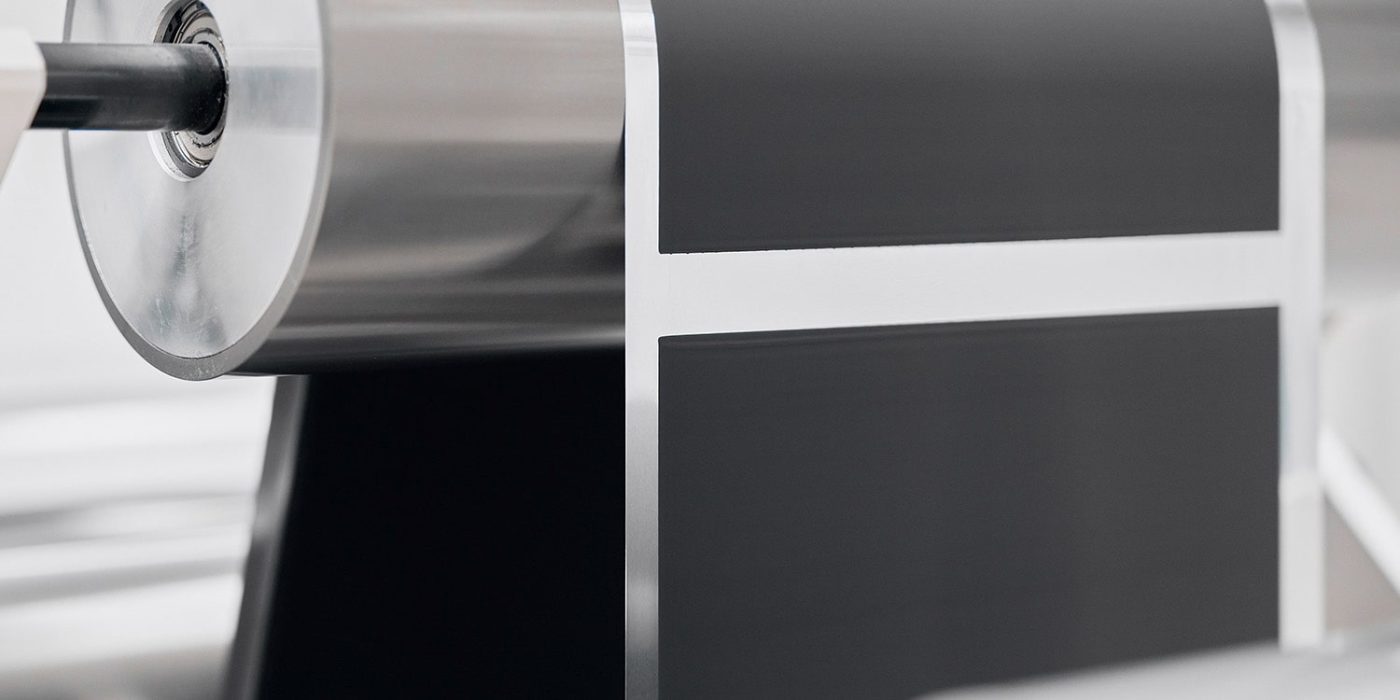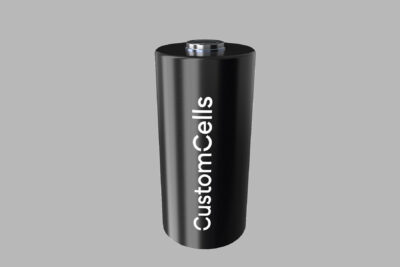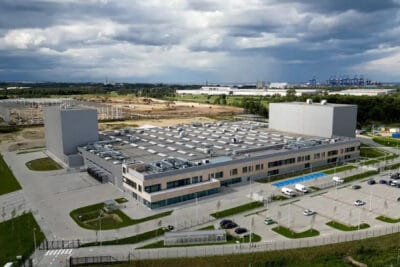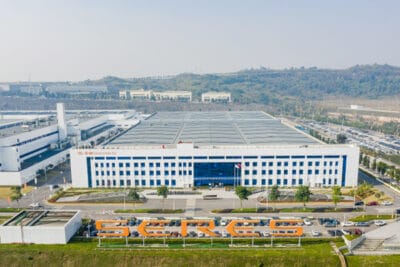VW subsidiary PowerCo presents battery dry coating process
Volkswagen’s PowerCo now officially confirmed its intention to industrialise dry coating for electric car batteries. The plan was leaked a few days ago. At a media round table in Berlin, the company has now revealed further details.
Volkswagen’s battery subsidiary PowerCo is approaching the further development and industrialisation of the dry coating process together with the German printing machine specialist Koenig & Bauer AG, among others. The development phase of the new process technology is to be completed by the end of 2024. From today’s perspective, series production is planned from 2026/2027 onwards. A total cost savings of 50 per cent of the battery cell price is the current target for mass production.
The main idea behind the process is to replace the slurry of battery materials with a paste that can be applied more easily and efficiently, as well as eliminating the need for a drying step. The team at PowerCo also decided to approach the entire process differently, and took a leaf out of the book of another industry with the partnership with Koenig & Bauer. The German printing press specialists will supply a machine that will essentially function similarly to an old newspaper printing press, where the paper is placed on a roller which then prints the ink, or in this case, battery powder coating on both the anodes and cathodes.
Many of the details had been previously announced, most importantly that the dry coating process will reduce the energy consumption in the production of battery cells by 30 per cent, thus lowering the costs of electric cars by several hundred euros per vehicle. While a final number was not yet available, as resource costs still account for 80 per cent of the battery and energy prices differ wildly from Northern to Southern Europe and the USA, where PowerCo is building its factories.
Volume production is expected to be achieved by 2026, when the battery cells will be used in all MEB vehicles. Sales to other OEMs are also planned, however, Volkswagen will likely be supplying its own vehicles first. The construction of the prismatic cell allows for it to be flexibly used by all vehicle types, as well as with different cell chemistries. The cells are also designed to be backwards compatible, meaning that existing vehicle models will also benefit from the development.
In terms of production, the Volkswagen subsidiary is looking to create a “blueprint” to make factories more modular and thus more easily built and modified. Sebastian Wolf, Chief Operating Officer of PowerCo, explained that the efficiency of the factories played a major role in the cost of the batteries and how the team had considered building “future-proof” factories that can be adapted to meet technological process as it develops. The manufacturer calls this a “standard factory”, which takes the layout and regulatory requirements into account ahead of time. “Our standard factories are ‘retrofittable’, i.e. they can be easily and quickly retrofitted or converted. We have anticipated a total of around 30 foreseeable product and production innovations from the outset and can convert the factory to all relevant new processes as soon as they are ready for the market,” the COO said.
The biggest current savings are done via the dry coating process, in which PowerCo managed to eliminate liquid components from the process, mainly the binding materials, which would ordinarily be dried in a specially built facility. This facility needs to be heated to a specific temperature, as well as have moisture eliminated almost entirely from its air, making for an expensive process. Sebastian Wolf points out that here the manufacturer has to calculate GW by the cubic metre, as the entire room must contain the conditions needed to dry the cathodes. Thus PowerCo was able to cut down the process from four steps to two, which can again be translated into cost savings, as the drying process alone currently takes up about 30% of the energy required to manufacture a battery cell. This also saves about 15% of the space required in a factory.
“Technologies like Dry Coating showcase PowerCo’s technological prowess. We have the necessary know-how and the right experts to take cell production to a new level and offer significant cost advantages to our customers. Our objective is to establish an industrial production of sustainable and affordable batteries,” said VW board member Thomas Schmall.
“What the solid-state cell is to the product, Dry Coating is to production – a real game changer. If scaled successfully, it will give us a unique position on the market and definite competitive advantages,” added Frank Blome, CEO of PowerCo. He further explained that while all the necessary technical knowledge has been built up, the process of industrialization was now the next step.
Source: press round table, Info via email, volkswagen-newsroom.com





1 Comment